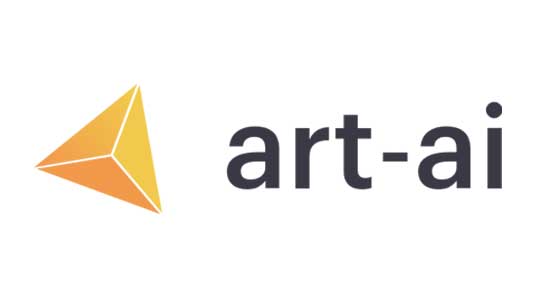Artificial intelligence and machine learning group members
We are a team of academics exploring the nature of intelligence and building intelligent systems.

Find out more about us and join us at one of our seminars.
We are a team of academics exploring the nature of intelligence and building intelligent systems.
We have an active seminar series with local, national and occasionally international speakers. We also host other relevant seminars, events & collaborations.
"Artificial Intelligence is now embedded in our tech, our infrastructure, and our lives. How did it get there? Where and why should we be concerned? And what should we do now? The Shortcut: Why Intelligent Machines Do Not Think Like Us provides an accessible explanation of the prevalent form of AI, proposing a new narrative to connect and make sense of events that have happened in the recent past. Ranging from the scientific concepts that underpin the technology to wider implications for society, it develops a unified description using tools from different disciplines, and real world examples to introduce the reader to the people who have created some of these technologies and to ideas shaping modern society. The Shortcut confronts the hidden logic of AI while preserving a space for human dignity. It is essential reading for anyone with an interest in AI, the history of technology, and the history of ideas. "
Find out more about The Shortcut
Find out how to join our department.

Find out about our PhD degrees, funding opportunities and how you can apply.

We train the next generation of specialists with expertise in AI, its applications and its implications.
Simon J. D. Prince is an Honorary Professor of Computer Science and author of Computer Vision: Models, Learning and Inference, and Understanding Deep Learning.
"Deep learning is a fast-moving field with sweeping relevance in today's increasingly digital world. Understanding Deep Learning provides an authoritative, accessible, and up-to-date treatment of the subject, covering all the key topics along with recent advances and cutting-edge concepts".
Keep up to date with Understand Deep Learning News.
Find out more about Understanding Deep Learning
Read more about our Artificial Intelligence and Machine Learning Academics and Students in the News.

Large language models like ChatGPT cannot learn independently or acquire new skills, meaning they pose no existential threat to humanity.

Machine learning-equipped camera systems can be an effective and low-cost flood defence tool, researchers show

PhD student, Miles Pemberton, will host a workshop at the summit for young leaders in Montréal, exploring the applications of AI across different industries.
Take a look at recent papers, articles and conference contributions from our staff and students on Bath research portal.